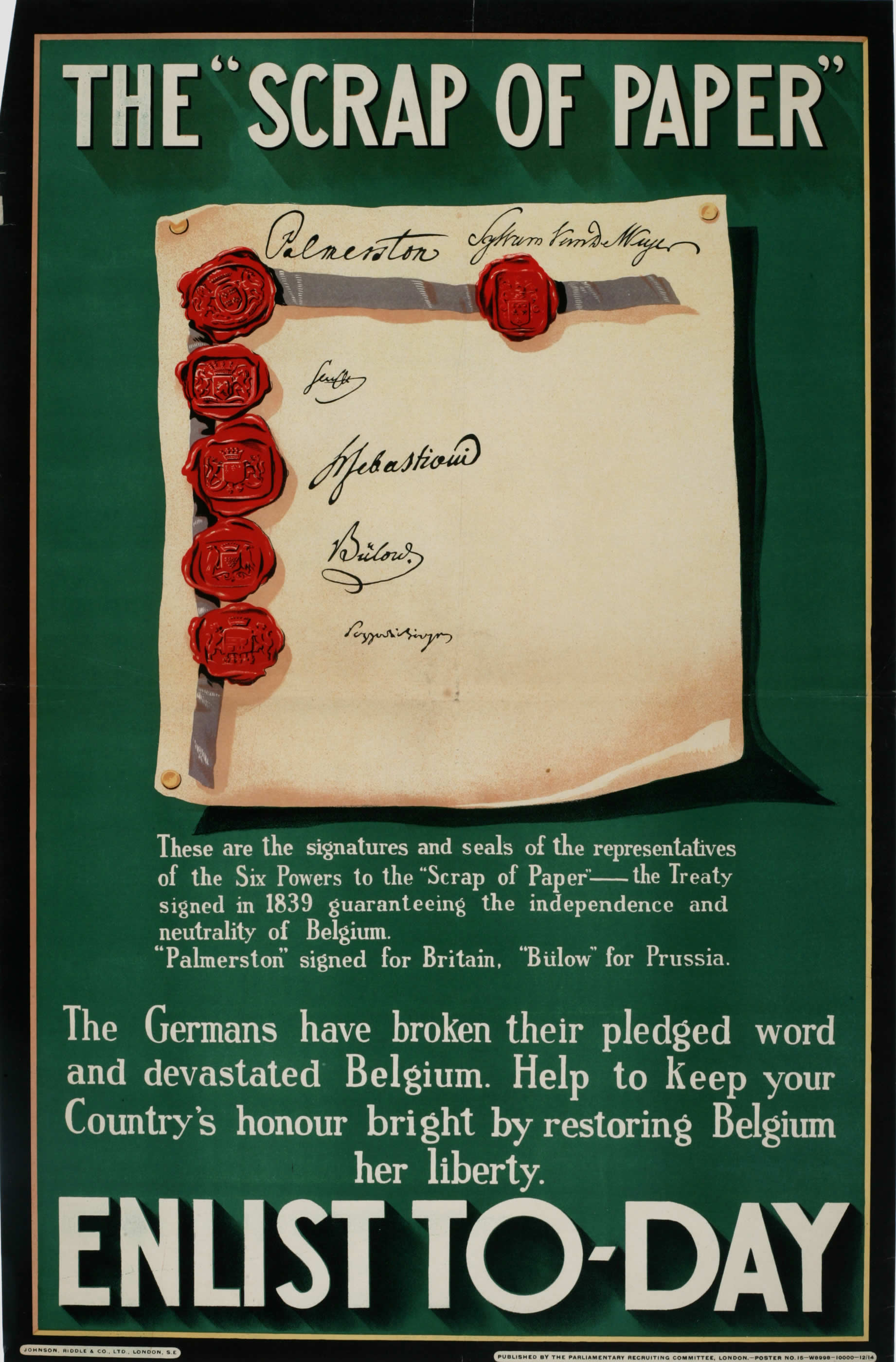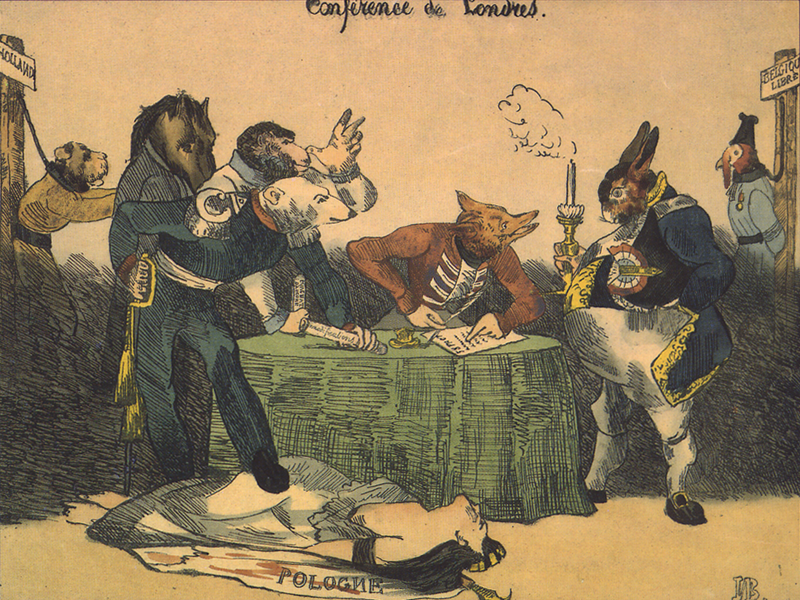|
Belgian Revolution
The Belgian Revolution (, ) was the conflict which led to the secession of the southern provinces (mainly the former Southern Netherlands) from the United Kingdom of the Netherlands and the establishment of an independent Kingdom of Belgium. The people of the south were mainly Flemings and Walloons. Both peoples were traditionally Roman Catholic as contrasted with Protestant-dominated (Dutch Reformed) people of the north. Many outspoken liberals regarded King William I's rule as despotic. There were high levels of unemployment and industrial unrest among the working classes. On 25 August 1830, riots erupted in Brussels and shops were looted. Theatregoers who had just watched the nationalistic opera '' La muette de Portici'' joined the mob. Uprisings followed elsewhere in the country. Factories were occupied and machinery destroyed. Order was restored briefly after William committed troops to the Southern Provinces but rioting continued and leadership was taken up by radicals ... [...More Info...] [...Related Items...] OR: [Wikipedia] [Google] [Baidu] |
Egide Charles Gustave Wappers
Egide Charles Gustave, Baron Wappers (23 August 18036 December 1874) was a Belgian painter. His work is generally considered to be Flemish and he signed his work with the Dutch form of his name, Gustaaf Wappers.Note: The painter is known by one or by several forenames, in English mainly in their French language versions: ''Gustave'' or less frequently in full ''Egide Charles Gustave'' – though born in the Flemish city of Antwerp as ''Egidius Karel Gustaaf Wappers'', and internationally also known as such though more often a''Gustaaf Wappers'' Biography He studied at the Royal Academy of Fine Arts in Antwerp, and during 1826 in Paris. The Romantic movement with its new ideas about art and politics was astir in France. Wappers was the first Belgian artist to take advantage of this state of affairs, and his first exhibited painting, "The Devotion of the Burgomaster of Leiden," appeared at the appropriate moment and had great success in the in 1830, the year of the Belgian Rev ... [...More Info...] [...Related Items...] OR: [Wikipedia] [Google] [Baidu] |
Walloons
Walloons (; french: Wallons ; wa, Walons) are a Gallo-Romance ethnic group living native to Wallonia and the immediate adjacent regions of France. Walloons primarily speak '' langues d'oïl'' such as Belgian French, Picard and Walloon. Walloons are historically and primarily Roman Catholic. In modern Belgium, Walloons are, by law, termed a "distinctive linguistic and ethnic community" within the country, as are the neighbouring Flemish, a Germanic group. When understood as a regional identification, the ethnonym is also extended to refer to the inhabitants of the Walloon region in general, regardless of ethnicity or ancestry. Etymology The term ''Walloon'' is derived from ''* walha'', a Proto-Germanic term used to refer to Celtic and Latin speakers. ''Walloon'' originated in Romance languages alongside other related terms, but it supplanted them. Its oldest written trace is found in Jean de Haynin's ''Mémoires de Jean, sire de Haynin et de Louvignies'' in 1465, where ... [...More Info...] [...Related Items...] OR: [Wikipedia] [Google] [Baidu] |
House Of Orange-Nassau
The House of Orange-Nassau ( Dutch: ''Huis van Oranje-Nassau'', ) is the current reigning house of the Netherlands. A branch of the European House of Nassau, the house has played a central role in the politics and government of the Netherlands and Europe especially since William the Silent organised the Dutch Revolt against Spanish rule, which after the Eighty Years' War (1568–1648) led to an independent Dutch state. Several members of the house served during this war and after as stadtholder ("governor"; Dutch: ''stadhouder'') during the Dutch Republic. However, in 1815, after a long period as a republic, the Netherlands became a monarchy under the House of Orange-Nassau. The dynasty was established as a result of the marriage of Henry III of Nassau-Breda from Germany and Claudia of Châlon-Orange from French Burgundy in 1515. Their son René of Chalon inherited in 1530 the independent and sovereign Principality of Orange from his mother's brother, Philibert of Ch ... [...More Info...] [...Related Items...] OR: [Wikipedia] [Google] [Baidu] |
Congress Of Vienna
The Congress of Vienna (, ) of 1814–1815 was a series of international diplomatic meetings to discuss and agree upon a possible new layout of the European political and constitutional order after the downfall of the French Emperor Napoleon Bonaparte. Participants were representatives of all European powers and other stakeholders, chaired by Austrian statesman Klemens von Metternich, and held in Vienna from September 1814 to June 1815. The objective of the Congress was to provide a long-term peace plan for Europe by settling critical issues arising from the French Revolutionary Wars and the Napoleonic Wars without the use of (military) violence. The goal was not simply to restore old boundaries, but to resize the main powers so they could balance each other and remain at peace, being at the same time shepherds for the smaller powers. More fundamentally, strongly generalising, conservative thinking leaders like Von Metternich also sought to restrain or eliminate republican ... [...More Info...] [...Related Items...] OR: [Wikipedia] [Google] [Baidu] |
Battle Of Waterloo
The Battle of Waterloo was fought on Sunday 18 June 1815, near Waterloo (at that time in the United Kingdom of the Netherlands, now in Belgium). A French army under the command of Napoleon was defeated by two of the armies of the Seventh Coalition. One of these was a British-led coalition consisting of units from the United Kingdom, the Netherlands, Hanover, Brunswick, and Nassau, under the command of the Duke of Wellington (referred to by many authors as ''the Anglo-allied army'' or ''Wellington's army''). The other was composed of three corps of the Prussian army under the command of Field Marshal von Blücher (the fourth corps of this army fought at the Battle of Wavre on the same day). The battle marked the end of the Napoleonic Wars. The battle was contemporaneously known as the Battle of Mont Saint-Jean (France) or La Belle Alliance ("the Beautiful Alliance" – Prussia). Upon Napoleon's return to power in March 1815, many states that had previously opposed ... [...More Info...] [...Related Items...] OR: [Wikipedia] [Google] [Baidu] |
Treaty Of London (1839)
The Treaty of London of 1839, was signed on 19 April 1839 between the Concert of Europe, the United Kingdom of the Netherlands and the Kingdom of Belgium. It was a direct follow-up to the 1831 Treaty of the XVIII Articles, which the Netherlands had refused to sign, and the result of negotiations at the London Conference of 1838–1839. Under the treaty, the European powers recognised and guaranteed the independence and neutrality of Belgium and established the full independence of the German-speaking part of Luxembourg. Article VII required Belgium to remain perpetually neutral; Belgium formally abandoned its policy of neutrality after its experiences in both world wars. Background Since 1815, Belgium had been a reluctant part of the United Kingdom of the Netherlands. In 1830, Belgians broke away and established an independent Kingdom of Belgium. The overwhelmingly Catholic population could not accept the Dutch king's favouritism toward Protestantism, while French-speake ... [...More Info...] [...Related Items...] OR: [Wikipedia] [Google] [Baidu] |
London Conference Of 1830
The London Conference of 1830 brought together representatives of the five major European powers Austria, Britain, France, Prussia and Russia. At the conference, which began on 20 December, they recognized the success of the Belgian secession from the United Kingdom of the Netherlands and permanently guaranteed Belgian independence. Dutch response The Dutch were strongly opposed to Belgian independence, launching an (unsuccessful) invasion in 1831. Not until 1839 did the Dutch accept the decision of the London conference and recognize Belgian independence. Winners and losers Fishman says that the London Conference was "an extraordinarily successful conference" because it "provided the institutional framework through which the leading powers of the time safeguarded the peace of Europe". G. M. Trevelyan from a British standpoint called it "one of the most beneficent and difficult feats ever accomplished by our diplomacy"; while the French too saw their goal of an independent ... [...More Info...] [...Related Items...] OR: [Wikipedia] [Google] [Baidu] |
Great Powers
A great power is a sovereign state that is recognized as having the ability and expertise to exert its influence on a global scale. Great powers characteristically possess military and economic strength, as well as diplomatic and soft power influence, which may cause middle or small powers to consider the great powers' opinions before taking actions of their own. International relations theorists have posited that great power status can be characterized into power capabilities, spatial aspects, and status dimensions. While some nations are widely considered to be great powers, there is considerable debate on the exact criteria of great power status. Historically, the status of great powers has been formally recognized in organizations such as the Congress of ViennaDanilovic, Vesna. "When the Stakes Are High – Deterrence and Conflict among Major Powers", University of Michigan Press (2002), pp 27, 225–22(PDF chapter downloads) [...More Info...] [...Related Items...] OR: [Wikipedia] [Google] [Baidu] |
National Congress Of Belgium
The National Congress (french: Congrès national, nl, Nationaal Congres) was a temporary legislative assembly in Belgium, convened in 1830 in the aftermath of the Belgian Revolution. Its purpose was to devise a national constitution for the new state, whose independence had been proclaimed on 4 October 1830 by the self-declared Provisional Government. History The National Congress was elected by approximately 30,000 voters on 3 November 1830 and consisted of 200 members. Its president was Baron Erasme Louis Surlet de Chokier. The assembly chose a constitutional popular monarchy as the form of government for Belgium and chose the son of the French King Louis-Philippe, Louis, Duke of Nemours, as the new head of state. Other candidates included Auguste de Beauharnais and Archduke Charles of Austria, younger brother of Francis II, Holy Roman Emperor and the last Governor-General of the Austrian Netherlands. The choice of Louis of Nemours, was unacceptable to the government o ... [...More Info...] [...Related Items...] OR: [Wikipedia] [Google] [Baidu] |
La Muette De Portici
''La muette de Portici'' (''The Mute Girl of Portici'', or ''The Dumb Girl of Portici''), also called ''Masaniello'' () in some versions, is an opera in five acts by Daniel Auber, with a libretto by Germain Delavigne, revised by Eugène Scribe. The work has an important place in music history as the earliest French grand opera. It is also known for its alleged role in the Belgian Revolution of 1830. Background The opera was first given at the Salle Le Peletier of the Paris Opéra on 29 February 1828. The role of Masaniello was taken by the famous tenor Adolphe Nourrit and Princess Elvire was sung by Laure Cinti-Damoreau. The dancer Lise Noblet played the mute title role, a part later taken by other dancers such as Marie Taglioni, Fanny Elssler and Pauline Leroux, also the actress Harriet Smithson (the future wife of Hector Berlioz). Alphonse was created by Alexis Dupont, who was Lise Noblet's brother-in-law. The conductor at the premiere was Henri Valentino.; ; ; . ... [...More Info...] [...Related Items...] OR: [Wikipedia] [Google] [Baidu] |
.jpg)






%2C_Brussels%2C_Belgium_(ca._1890-1900).jpg)